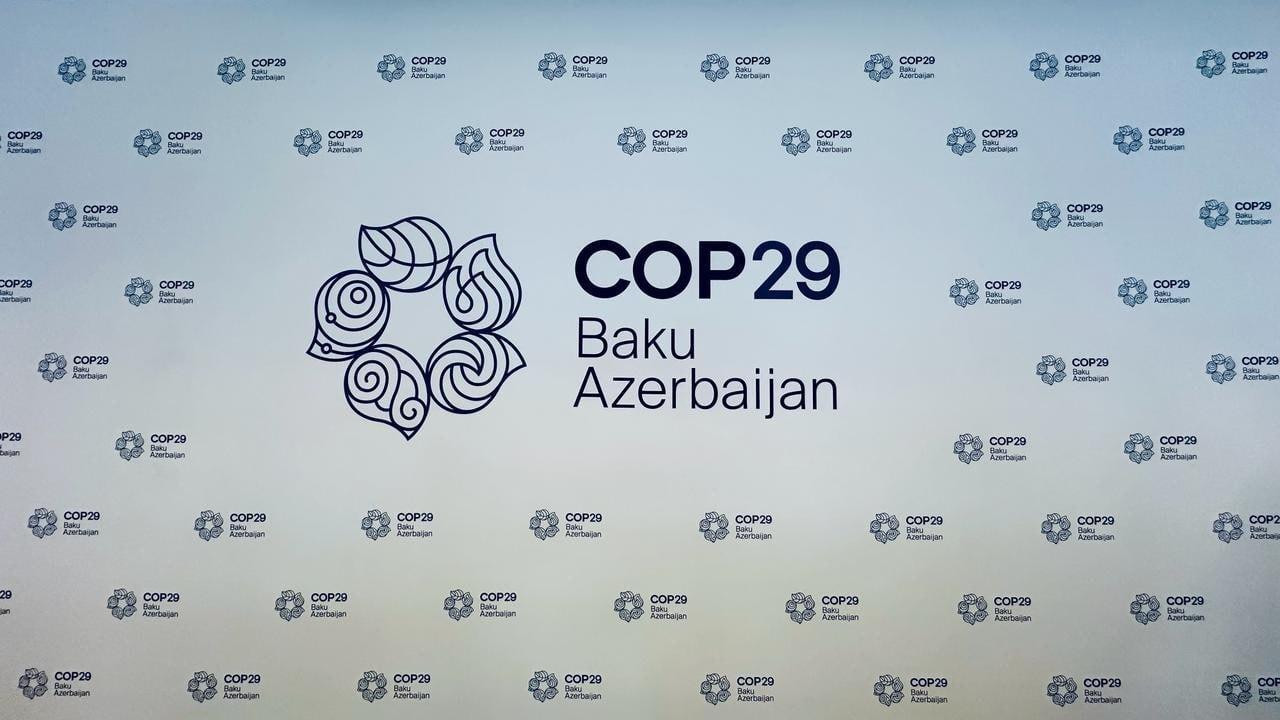"Transparency and funding crucial for climate action" COP29 negotiator's interview with Nikkei Asia
Yalchin Rafiyev, Chief Negotiator of the COP29, has given an interview to the Japanese Nikkei Asia magazine devoted to transparency in fighting climate change. Caliber.Az reprints the text of the interview.
Increasing funding and transparency are key for enabling action to keep global warming below 1.5 degrees Celsius from pre-industrial levels, Yalchin Rafiyev, the chief negotiator of the presidency for the 29th United Nations Climate Change Conference, told Nikkei Asia on May 22.
Rafiyev is the deputy foreign minister of Azerbaijan, which will host COP29 in November and has set out a vision for the annual summit to enhance climate goals and find ways to meet them.
"All countries, in order to stick to their commitments deriving from the Paris Agreement and at the same time to stay within 1.5 degrees, should enhance their ambitions constantly," said Rafiyev during a visit to Tokyo.
"Enabling action is only possible through the means of implementation to be available to the parties," he said. "When I refer to means of implementation, finance is coming at the top."
The 1.5-degree target to prevent worsening impacts of climate change is increasingly regarded as challenging, with some estimates suggesting that the global average temperature in 2023 was already 1.48 degrees higher than the pre-industrial period. Providing enough funds for mitigation and adaptation measures in less-developed countries has been one of the key aspects of climate negotiations.
The designated president of the COP29, Azerbaijani Minister of Ecology and Natural Resources Mukhtar Babayev, attends the Petersberg Climate Dialogue in Berlin on April 25. © Reuters
At COP29, building on the previous financial commitments by developed countries to mobilize $100 billion per year, countries are set to adopt a new funding target. "The current financial flow is not sufficient to provide relevant means of implementation for the countries to ensure their transition," said Rafiyev.
In addition to government-level commitments, Rafiyev referred to the roles of multinational development banks, such as the World Bank and the Asian Development Bank, and private companies in facilitating investments.
Transparency and accountability by countries on the progress of climate efforts would be key to making these funds accessible for developing countries, Rafiyev said.
"One of the major problems in the private-sector engagement is the false perception of risks in investing in the developing countries," he suggested. He gave as one example Africa, where investment is lacking despite the continent's vast solar power resources.
Countries are now required to submit a "biennial transparency report" (BTR), in which they lay out their progress and financial estimates on achieving their climate targets, with the first one due by the end of this year.
The chief negotiator is pushing countries to submit their BTRs by COP29, before the official deadline. He said the reports would help facilitate investments because "the private sector is very much interested in investing in an environment that they think they have all the information about."

Rafiyev added that players such as development banks should provide de-risking measures, including investment guarantee platforms for the private sector.
During his visit to Japan, he said his team is encouraging the country's official development aid provider, the Japan International Cooperation Agency, to increase its portfolio of climate-related projects in the Global South.
Rafiyev, the deputy foreign minister of Azerbaijan, said in the interview that "finance is coming at the top" for enabling climate action. (Photo by Ken Kobayashi)
Azerbaijan exports oil and gas, and its COP29 president-designate, Mukhtar Babayev, formerly worked for the State Oil Company of Azerbaijan (SOCAR).
"Most important is how you are using the revenues coming from [the oil and gas] sector," Rafiyev suggested. The country is investing in renewable energy and is committed to reducing methane emissions. SOCAR, the country's largest oil and gas producer, has announced that it plans to achieve net-zero emissions by 2050.
Regarding the host's approaches for driving the transition away from fossil fuels, Rafiyev said, "The most important is to bring together the supplier countries and the consumer countries to work together and bring about real measures and results to put the agenda forward."
Azerbaijan was announced as the host in December, after a selection process that was complicated by its conflict with Armenia.
Despite having less time to prepare compared to former host countries, the team for the COP29 presidency has so far done multiple tours and has received several delegations in the capital city, Baku, "to get the positions and views of all parties on the major expected deliverables" at the COP event, Rafiyev said.
The Group of Seven countries this year agreed in principle to stop using coal in power generation by 2035.
"G7 and G20 are important platforms that, when progress is achieved, can be replicated in the COP process," said Rafiyev. He said Azerbaijan is working with Brazil in "synergizing COP29 and G20 agenda to make climate finance be a top priority." Brazil is the Group of 20's chair this year and is going to host COP30 in 2025.
Babayev attended the meeting of G7 environment ministers in April. Rafiyev said, "We will continue to engage with the Italian presidency of G7 to see what could be our joint efforts to move forward."








